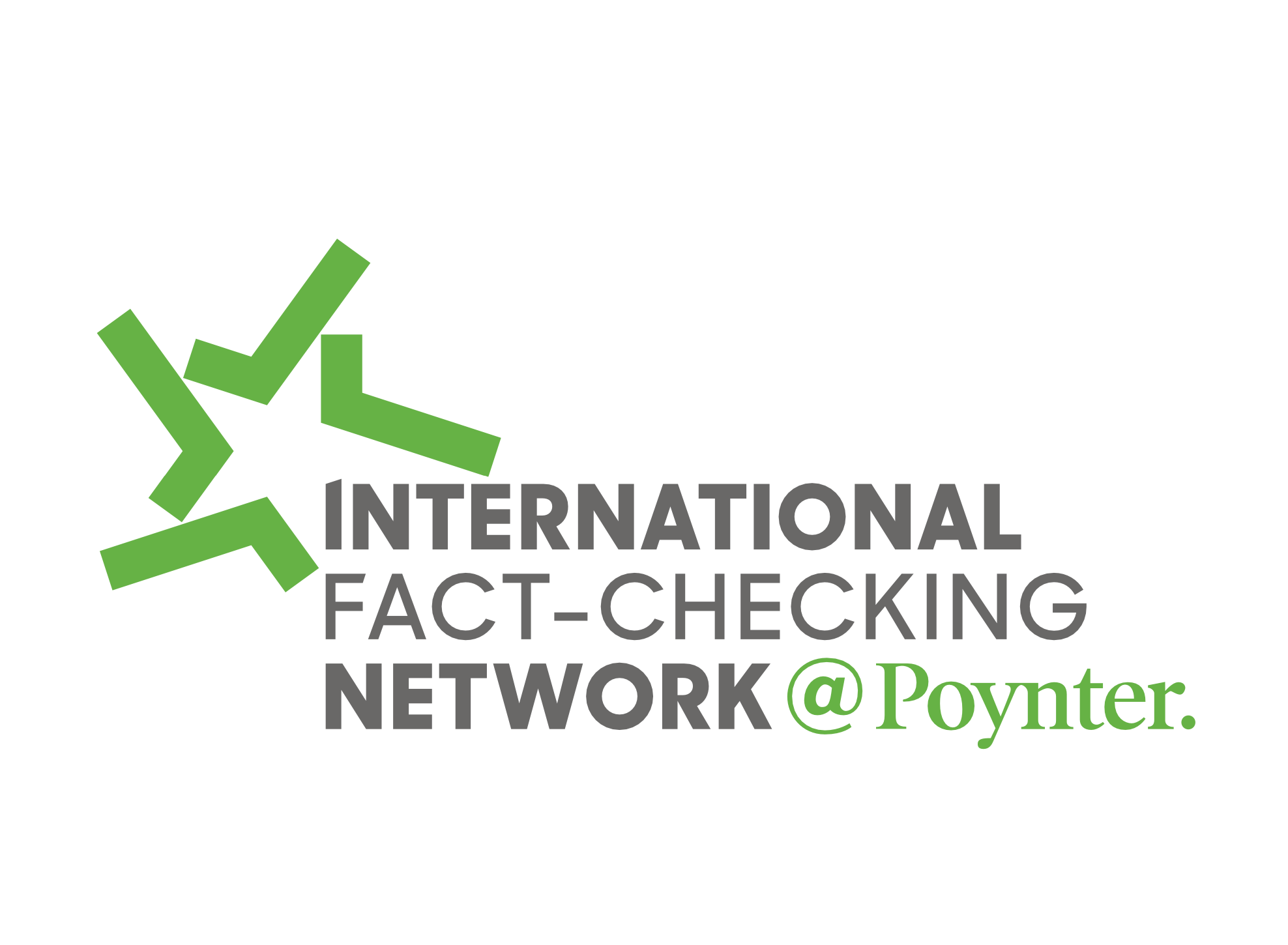A Miami Herald database has publicized in-depth information on one of the most important events of Cuban emigration. A reporter, data analyst and Web developer worked for months to digitize and organize little-known data about the 1980 Mariel boatlift, published in late May to commemorate the 30th anniversary of the vessels’ arrivals in the United States.
The data sets are more than mere numbers and names; every record hints at the story of someone beginning a new chapter of his or her life. It’s a powerful example that demonstrates that data-driven projects can be much more than stark, emotionless series of numbers.
The project tracks more than 125,000 passengers of the 1980 Mariel boatlift from Cuba to Florida, which was one of three post-Castro exoduses. The idea behind the database was to create a master list of people who arrived during the boatlift, culled from data obtained from an unknown government source of raw, unstandardized logs. The Herald planned to encourage people who were part of the boatlift to help create a comprehensive list of vessels that made the trip and match people to vessels.
For the reporter who compiled the data, this was more than a special assignment; it was an opportunity to bring in-depth coverage to an experience relevant to her own life.
Staff writer Luisa Yanez came to the U.S. on the Freedom Flights, another exodus from Cuba to Florida. “Today, there is no master list, no Ellis Island-type record to mark the arrival of Cubans in Miami,” Yanez wrote in an e-mail. “The goal of the Mariel Database is to fill that hole for one of our best-known exoduses by creating a passenger list for each vessel.”
Cleaning the list of refugee names, which mostly meant double-checking every record for accuracy and removing obvious errors, took Yanez about five months. She said she was freed from her daily deadlines to work with the data.
As part of her research, Yanez said she had hoped to find more complete information about who was on which boat. About four months into the project, she requested records related to the Mariel boatlift from a U.S. Coast Guard historian. He mentioned a document called the Marine Safety Log, a list of boat manifests.
At the time, it was only available in handwritten form, although it was scheduled to be digitized. To expedite the process, Yanez hired a researcher in Washington, D.C., to copy and send the data to her.
After ensuring the information was relevant, Yanez and a group of transcribers hired for the project digitized the boat names. The process took about two weeks.
While not comprehensive, the Marine Safety Log provided more information than Yanez, Database Editor Rob Barry and Web Developer Stephanie Rosenblatt originally expected to be able to provide.
In its final form, the Herald’s list aggregates, and makes searchable, two data sets. “One is a list of more than 130,000 names of Cubans who arrived in Key West via Cuba’s Mariel Harbor between late April and late September 1980,” Yanez wrote. “The other is a list of the names of more than 1,600 boats used during that very boatlift.”
The design of the site, which Yanez said transforms the data into a community project, encourages readers to contribute missing records and assign or remove anyone from a boat list. People can also share their anecdotes and memories.
Yanez said public reaction both online and in person has been strong and emotional, which reinforces the idea that historical databases are more than numbers.
“We had people burst into tears at the simple sight of their name on our database,” said Yanez. “I like to call this ‘the power of the list.’ There is something tremendously moving about experiencing a traumatic event in your life — war, migration, persecution — then seeing your name among all the other survivors or veterans. It’s affirmation that I was there, that I counted, that I mattered.”





